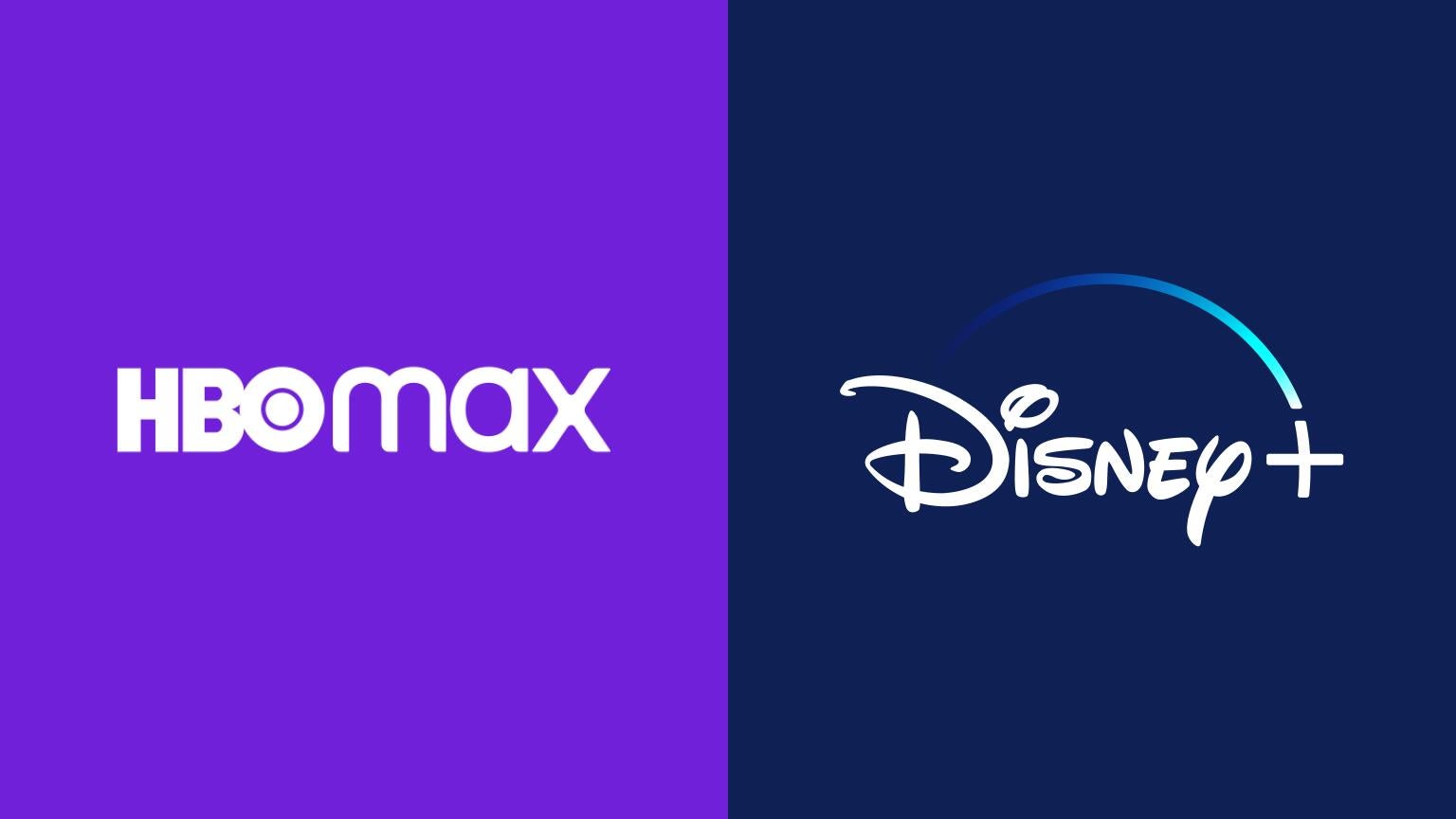
The salad days are officially over for Disney+. Although the company was able to reduce its streaming losses in the last quarter, they still climb to hundreds of millions of dollars, and Wall Street investors are no longer impressed by eye-popping global customer totals. Even if they were, Disney+ has seen two straight quarters of subscriber losses, though it’s fair to note that these losses have been driven almost entirely by the defection of Indian customers after Disney+ lost the streaming rights to Indian Premier League Cricket.
Get Disney+, Hulu, and ESPN+ for just $14.99 a month ($12 savings).
Longtime Disney CEO Bob Iger was brought back into the fold last November to replace his protégé Bob Chapek, who Disney’s board had lost confidence in. Iger has instituted some big changes during his second stint as CEO; changes that — perhaps surprisingly — resemble those that another company has made in an effort to right its financial ship.
From content cuts to price increases to the combination of streamers onto a single app, Disney has seemingly been in lockstep with Warner Bros. Discovery regarding its recent financial moves. Considering the success that WBD has experienced from its strategy, there’s no wonder that Disney has hopped on its bandwagon. In its most recent quarterly earnings report, WBD showed that it had actually seen a small profit — $50 million — from its streaming services HBO Max and discovery+.
The question is not whether Disney will continue to follow in WBD’s wake, it is how long it will do so. For example, though Disney has announced it will put Disney+ and Hulu onto a “one-app experience,” executives have confirmed the two services will remain separate. But for how long? Disney is somewhat hampered in its movements with Hulu by the fact that it does not own 100% of the streamer; 67% is controlled by Disney, while the other 33% remains in the hands of Comcast. A contractual proviso between the two companies allows Disney to buy that portion from Comcast starting in 2024, and though there has been some doubt as to whether Disney wanted to buy or sell Hulu, its most recent moves seem to be in favor of a purchase.
If Disney does soon own all of Hulu, it would make quite a bit of sense for the company to fully integrate its two streamers. That would be similar to what WBD will do later this month, as it will launch its new streaming platform Max — which integrates much of the content from discovery+ with HBO Max’s library. WBD is planning to leave discovery+ as a standalone service, however, which is one area that Disney could differ from its rival.
One of the main reasons that WBD is keeping discovery+ as a distinct service is because of the significant price difference between it and HBO Max; discovery+ runs just $4.99 or $6.99 per month, while HBO Max costs between $9.99 and $15.99 per month. WBD executives saw the value of keeping the lower-cost option, as discovery+ has a very low churn rate and high customer satisfaction.
However, because Disney+ and Hulu are much closer together in terms of price, there would be little reason for Disney to continue offering Hulu as a standalone option once it owns the service outright. Ad-supported Disney+ is $7.99, the same price as Hulu with ads. Ad-free Disney+ is currently $10.99, but executives promised this week that a price increase is coming to the service, which will likely bring it closer in line with the $14.99 per month that users pay to stream Hulu without commercials. Still, it would hardly be a surprise for Disney to rename its service “Disney Max” or something similar if it does decide to combine Hulu and Disney+ into one streaming platform.
Then there’s the ESPN+ of it all. WBD holds an impressive array of live sports broadcasting rights, including NBA, NHL, and MLB games. The company has said it will not integrate live sports onto Max for its initial launch, but has continually hinted that more sports could be added to the platform later as a way to combat churn. Disney has taken a somewhat different strategy with its sports rights, using ESPN+ to show more than 27,000 live sporting events in the last year alone.
But much like WBD, Disney could decide to increase the number of live sports it offers via streaming in the future. Both Disney and ESPN executives have stated that the company will eventually offer a streaming-only version of all ESPN properties, bringing a much wider array of NFL, NBA, NHL, MLB, and college games to streaming users without a pay-TV subscription. The company would have to charge a much higher price than the $9.99 per month that ESPN+ costs currently, but combined with Hulu and Disney+, it would be one of the most alluring products in the streaming marketplace.
There are still plenty of questions left to answer, but if Disney is successful in executing the many changes that it announced this week, it could turn things around from a financial standpoint fairly quickly. WBD was also dealing with large streaming losses at this time last year, but has managed to climb to streaming profitability — albeit slightly — since then. Disney is, of course, a different company with different challenges, but it could see a similarly speedy bounce back if it manages to walk the tightrope of keeping Wall Street and its customers happy at the same time the way WBD did.
Disney+
Disney+ is a video streaming service with over 13,000 series and films from Disney, Pixar, Marvel, Star Wars, National Geographic, The Muppets, and more. It is available in 61 countries and 21 languages. It is notable for its popular original series like “The Mandalorian,” “Ms. Marvel,” “Loki,” “Obi-Wan Kenobi,” and “Andor.”

